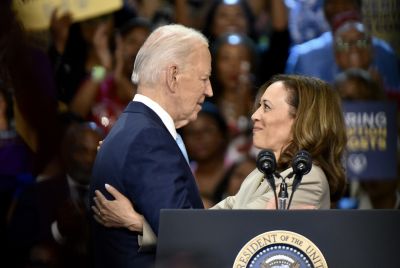Royal Bank of Scotland Shares Hit 2-Year Low, Posts Loss
ANALYSIS
Royal Bank of Scotland shares went into free fall early on Friday after the bank reported a large first-half net loss driven by hefty charges for faulty payment-protection insurance and mark down on Greek bonds.
RBS chiefs have blamed the collapse on jittery markets, with massive sales in the Asian and U.S markets that have seen RBS shares fall 20 per cent lower at London's opening. Chief Executive Stephen Hester told reporters the second-quarter results showed resilience in tough conditions. Hester has believes that the bank isn't seeing signs that the UK economy will re-enter recession, and its share price is being hit by factors beyond the banks control.
In early trading on Friday, shares were at a two-year low of 26 pence, around half the 50.1 pence price at which taxpayers bought their stake in the bank. They were the second biggest fallers on the FTSE, down 10 per cent.
Hester is also opposed to any proposals by the independent commission on banking, whose chairman Sir John Vickers might require banks to ring fence their high street banking operations from their "casino" investment banking businesses.
"RBS continues to engage with the commission and with regulators on the commission's proposals for ring fencing certain activities," Hester said. "In RBS's view, ring-fencing is unlikely to meet the tests set out in the commission's terms of reference. We believe it might actually result in increased risk whilst costs to banks and the broader economy could be significant. The case for going further than the international reform under way is unproven. The economic and market backdrop also suggest that further change may be ill-timed," he added.
The problem in the Eurozone has been blamed for the sharp drop in RBS share price. It is clear that investors now believe the problems in the Eurozone dare not likely to be solved and have acted accordingly. Investors believe that the euro isn't set up for this type of crisis, and has no political union; a crisis like this was always in the mix.
© Copyright IBTimes 2025. All rights reserved.





















